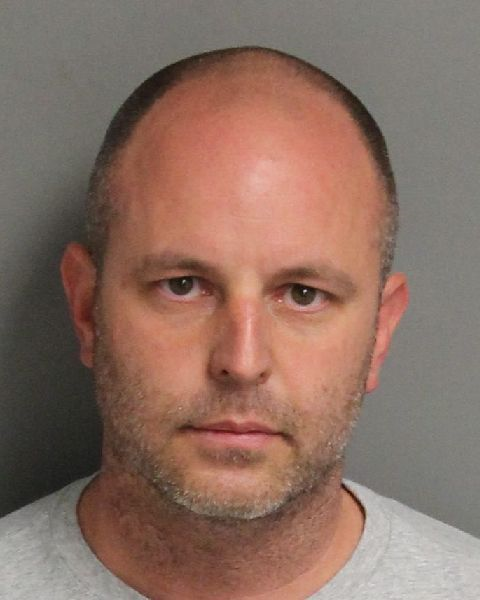The Southern Baptist Convention’s religious freedom entity has joined the legal battle against the Obama administration’s contraception mandate in the first case to reach a federal appeals court.
The Ethics & Religious Liberty Commission (ERLC) signed on to a friend-of-the-court brief filed Oct. 12 that asked a federal appeals court to reverse the dismissal of two lawsuits against the controversial requirement under the 2010 health care law. The brief supports challenges — by Wheaton College, an evangelical Christian school in suburban Chicago, and Belmont Abbey College, a Roman Catholic institution in North Carolina — to the mandate that employers provide workers with health insurance that covers contraceptives and abortion-causing drugs.
The ERLC and 10 other evangelical organizations joined by invitation in a brief filed by Christian Legal Society (CLS) in support of the colleges’ appeal to the District of Columbia Circuit Court of Appeals. More than 35 suits have been brought against the mandate, but the D.C. Circuit is the first appeals court to consider such a challenge.
Though resistance to the mandate has been portrayed widely as Catholic in nature, ERLC President Richard Land said the case demonstrates the opposition is much more diverse than one religious body.
“This particular case is vitally important both because of the nature of the appeal concerning a very narrow definition the government is following for religious employers and secondly because of who is involved in the suit,” Land said Oct. 15. “One of the most prestigious evangelical colleges in the world — Wheaton College, of which Billy Graham is a graduate — is one of the participants in the suit, which demonstrates this is not ‘just’ a Catholic issue, but it is an issue of religious freedom across the board for all people of faith — Protestant, Catholic and otherwise.”
The lawsuits seek the overturn of a rule by the Department of Health and Human Services (HHS) that includes in employer-paid coverage drugs defined by the Food and Drug Administration as contraceptives, even if they can cause abortions. Among such drugs are morning-after pills that prevent the implantation of embryos and ella, which — in a similar fashion to the abortion drug RU 486 — can act even after implantation to end the life of the child.
Though the mandate exempts churches from providing coverage, the religious exemption in the rule is insufficient to protect religious hospitals, schools and social service ministries, critics have pointed out.
The mandate’s definition of “religious employer” is narrower than a standing definition under federal law and violates both the establishment of religion and religious free-exercise clauses in the First Amendment, according to the brief.
The mandate also contradicts longstanding conscience protections in the abortion arena, the brief says. Since the same year Roe v. Wade legalized abortion (1973), Congress has protected the conscience rights of health care workers and institutions that objected to participating in abortions or sterilization. Congress also has banned most federal funding of abortion.
The mandate’s heavily criticized exemption for a church or churchlike body covers a nonprofit that: (1) has the “inculcation of religious values” as its purpose; (2) primarily employs people who agree with its religious beliefs; (3) largely serves people “who share [its] religious tenets” and (4) is “a church, an integrated auxiliary of a church, a convention or association of churches, or is an exclusively religious activity of a religious order,” according to the Internal Revenue Code.
In September the D.C. Circuit consolidated the Wheaton and Belmont Abbey cases and expedited their appeal after federal courts ruled the lawsuits were premature.
The abortion/contraception mandate went into effect Aug. 1, but the Obama administration created a one-year “safe harbor” from that date for religious objectors to include all nonprofit religious entities. The Becket Fund for Religious Liberty, which represents both Wheaton and Belmont Abbey, told the D.C. Circuit the schools already are suffering harm.
In addition to the ERLC, others signing onto the CLS brief included the Christian Medical Association, Prison Fellowship, National Association of Evangelicals, Patrick Henry College, Association of Gospel Rescue Missions, Association of Christian Schools International and Institutional Religious Freedom Alliance.
Organizations have been filing legal challenges to the HHS mandate seemingly weekly. Among others suing the federal government are Hobby Lobby, Christian publisher Tyndale House, Colorado Christian University, Geneva College, Priests for Life and the EWTN Catholic television and ra-
dio network.
(BP)




Share with others: